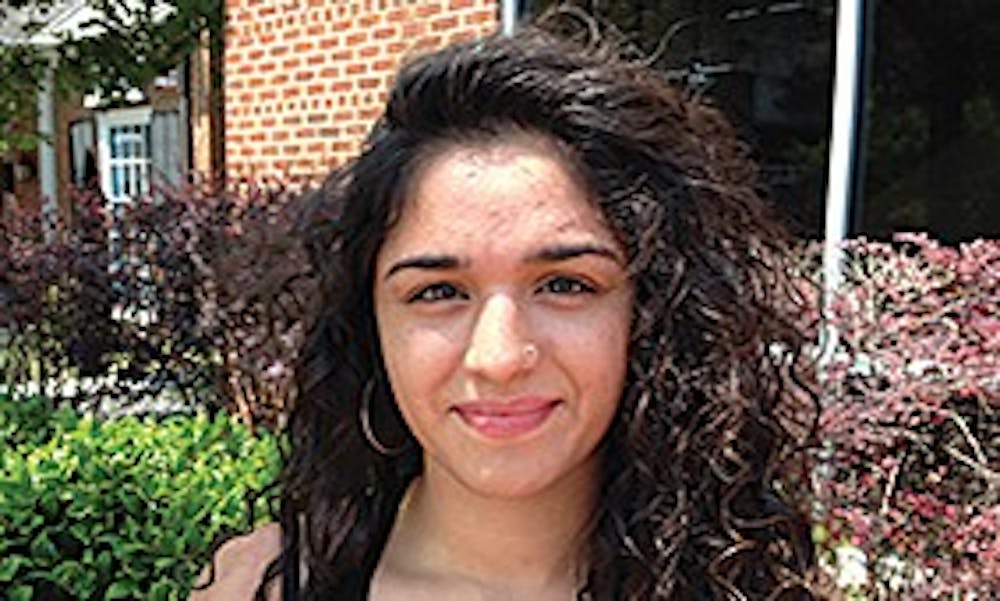In the context of public health, often times we don’t talk about the ways in which people can be empowered on an individual level. We talk a lot about exposures and outcomes, about how certain populations are affected by health outcomes more than others. We talk a lot about “racial/ethnic disparities” without talking much about the sources of those disparities, which trace back to systematic racism.
Even still, such talk eliminates the possibility of a reimagined world in which our self-care can be medicinal and can positively influence our health outcomes. Such talk posits our health outcomes as entirely detached from our own volition, our own power.
While conditions such as our access to fresh fruits and vegetables and the often prohibitive costs of health care often lie outside our realm of control — intertwined with systematic racism and sexism under which we are living — we do have the power to positively affect our health. And that power is called self-love.
Writer and scholar SooJin Pate notes that as women of color, we are “living in a society that constantly marginalizes (us), invalidates (our) experiences and emotions, and fosters insecurity ... Indeed, racism and heterosexism kills. It not only kills dreams, but it also kills bodies.” She continues, echoing the words of Audre Lorde: “to love yourself — amidst this daily onslaught of disparaging messages is not only political but radical.”
It is radical to take the time and channel our energies inward, to ourselves. It is radical because this world tactfully demands that we instead exert our labor and love to upholding the very same systems designed to oppress us.
What happens when we practice self-love?
We are rejuvenated: Pate writes, “Love, redefined as self-love, has the power to manifest dreams, to heal broken spirits, to rejuvenate fatigued bodies. And when self-love is expressed through self-care, miracles can happen.”
What does self-love look like? Women of color must ask ourselves this question. As both creators of and heirs to immense power and energy, we must always direct some of this internally.
Sometimes self-love looks like a coconut oil soak for your hair if it’s feeling dry. Some days it looks like a night of bachata and salsa. Sometimes it looks like saying yes to that event, that protest, and other times it looks like saying no. Sometimes it looks like sweating it out on a stationary bike for an hour, and other days self-love might look like meditation and yoga. Sometimes it looks like spending time with people who uplift you. Sometimes it looks like spending time alone, listening to that album, practicing your art and just doing you.



